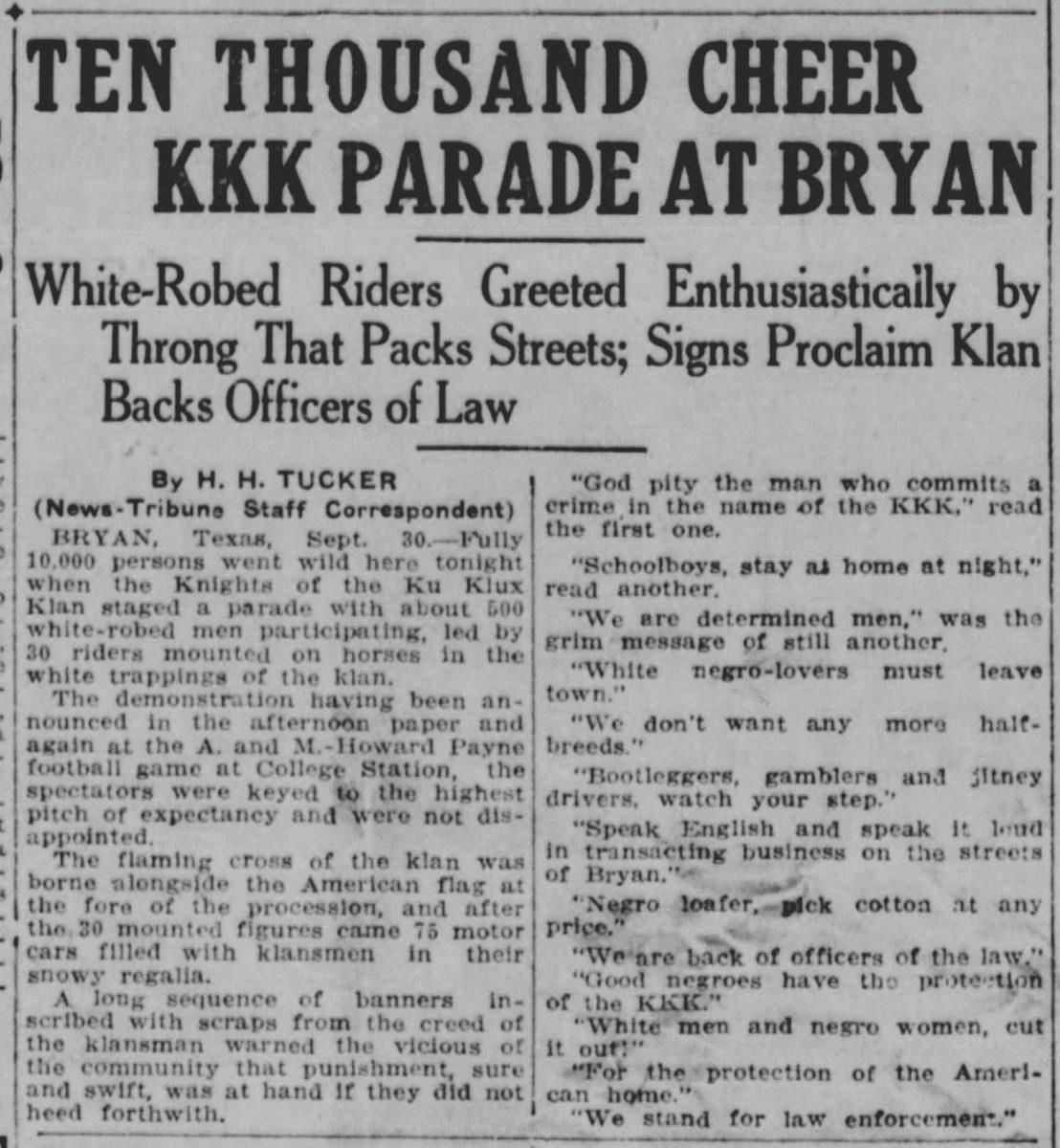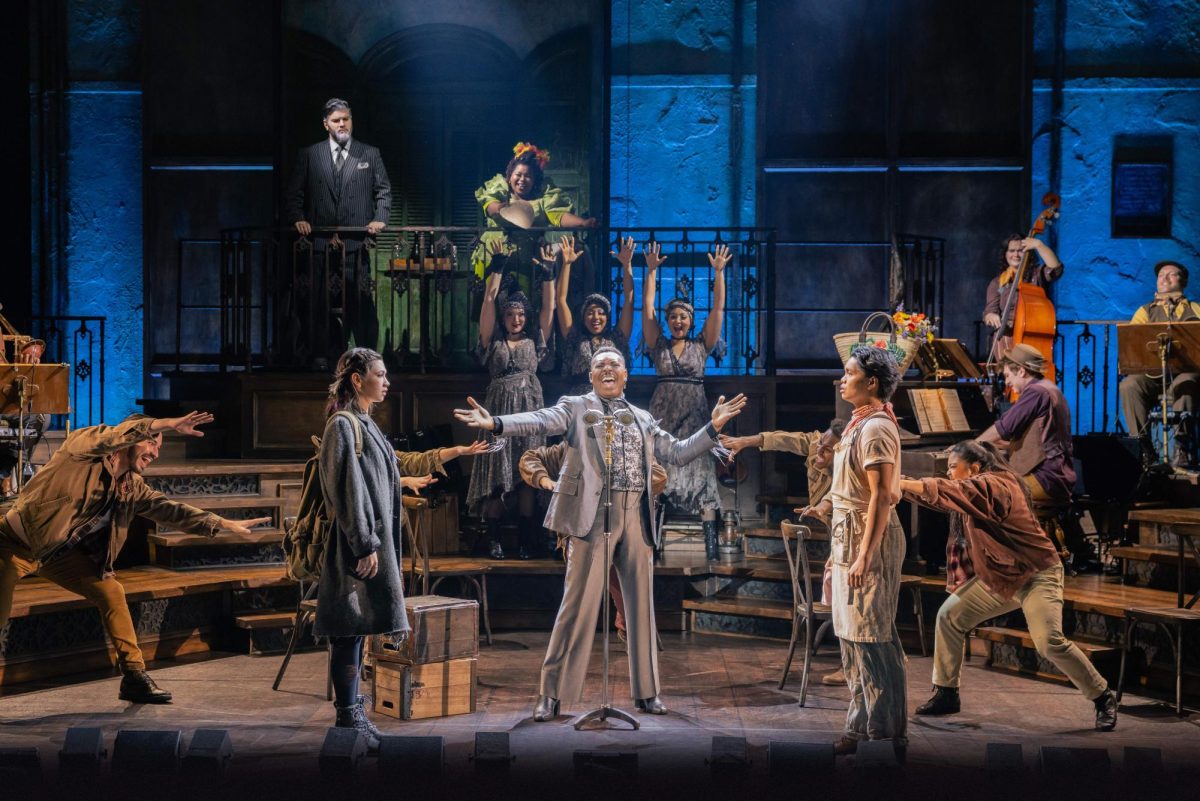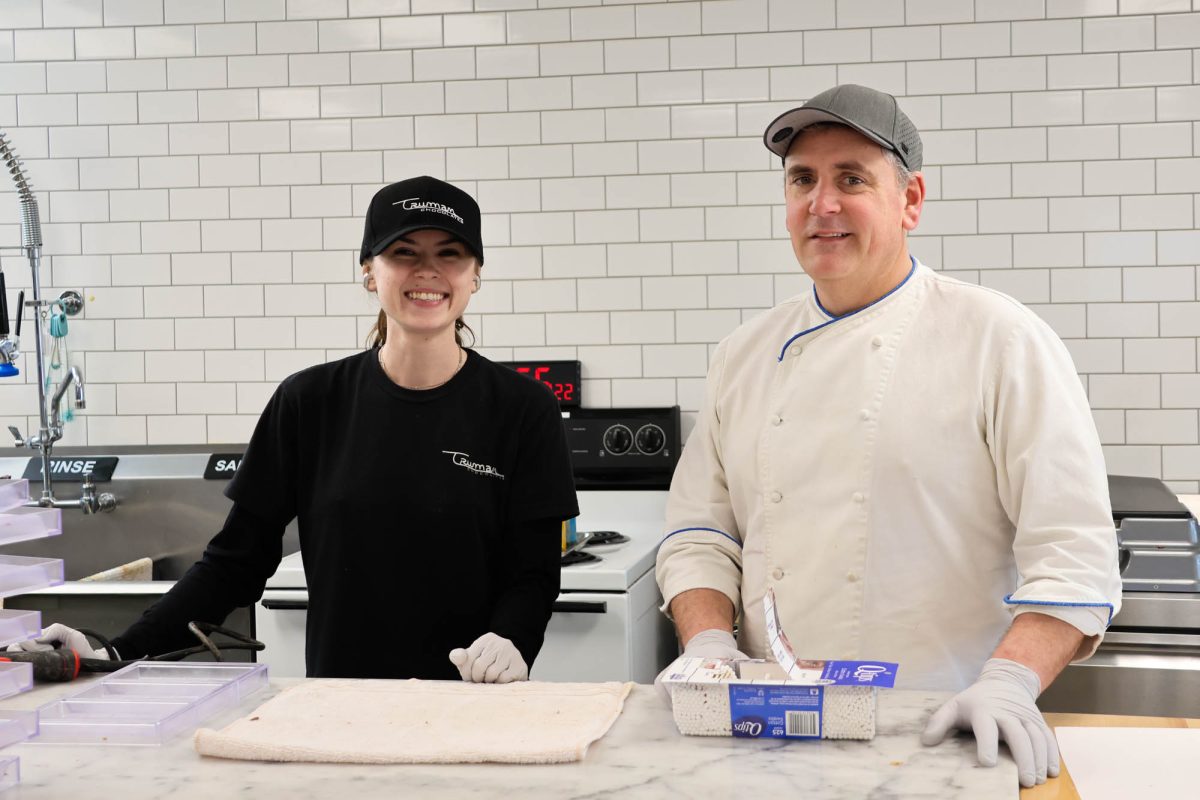June 19, or Juneteenth, is the annual celebration of national emancipation. Though this day has nationwide significance, it is even more important to the Black community, especially those in Texas.
Although the Emancipation Proclamation was signed two years prior, the advent of Juneteenth occurred June 19, 1865, when Union soldiers marched into Galveston, Texas to free a group of enslaved people. Since then, the day has become a celebration for Black Americans to remember this important piece of history.
English junior Jaelyn Lynch said this holiday is especially important to her because of the connection to her family and cultural history.
“To me, Juneteenth is a day to reflect on the nation’s history, remember the lives of my ancestors and most importantly a time to acknowledge and implement perspective into my everyday life moving forward,” Lynch said.
While this holiday has always been important for Lynch, the awareness of Juneteenth is still low for those who are not Black Americans. Communication senior Luisa Castillo said she did not learn about Juneteenth until last year following a summer of hard racial conversations.
“I feel like the holiday didn’t get enough representation [on] social media up until recent years with the height of the [Black Lives Matter] movement. Because of the George Floyd protests around May and June of 2020, especially bringing up historical significance, that’s where I first really learned about the story of Juneteenth. I’ve always heard of it but never knew what it really was. I’m glad that it’s been given a lot more attention.”
After researching the holiday, Castillo said it’s critical for non-Black people, especially non-Black Aggies, to have an understanding of the historic landmark to better support their Black classmates.
“I want other Aggies to know that Juneteenth is more than a holiday,” Castillo said. “It’s representation. Juneteenth celebrates the last slaves that were freed, but also continues to hold power for those stuck in the injustices of systematic racism. Ways that non-Black Aggies can celebrate are by educating themselves on Black history, supporting Black businesses and contribut[ing] to [raise] awareness on Juneteenth, Black success and other monumental historical moments.”
Political science senior Matthew Francis Jr., president of the Black Student Alliance Council, feels passionately about Juneteenth, especially in comparison to holidays like Independence Day. Francis said he views Juneteenth as an independence celebration for all Black Americans.
“The entire nation celebrates July 4 as freedom day, but Juneteenth, for Black or African Americans, that is our freedom day,” Francis said. “Understanding that while for the nation, July 4, 1776 is independence [for the U.S.], June 19, 1865, was for Black African-American people — that was our emancipation.”
Francis said he uses his time reflecting on how the conditions of Black Americans have changed throughout the past year to celebrate Juneteenth.
“A year ago today, we were dealing with very high tensions on campus, very high tensions with race in our country,” Francis said. “We’re still seeing active pushes to diminish the Black vote and put down Black voices –– especially Black women, to keep out Black LGBTQ+ from the conversation, to keep our Black and Latinx Black and Asian Black, just all these different intersections out of the conversation. This celebration of that big piece of freedom from enslavement, what does it mean this year?”
Francis emphasized the importance of continuing conversations surrounding race, especially with Juneteenth ahead. He encourages his peers to learn more about the holiday and educate themselves, which he said allows for more depth of conversation.
“Let’s have these conversations, but before we do, do your research,” Francis said. “When you come to the table, I expect that we’re going to talk and we’re going to have a better conversation than ‘what is Juneteenth?’ I want you to [ask] how do we move forward. I want to have a more coherent conversation than having to teach you … Help me help you, so the conversations we have on this campus are better.”










